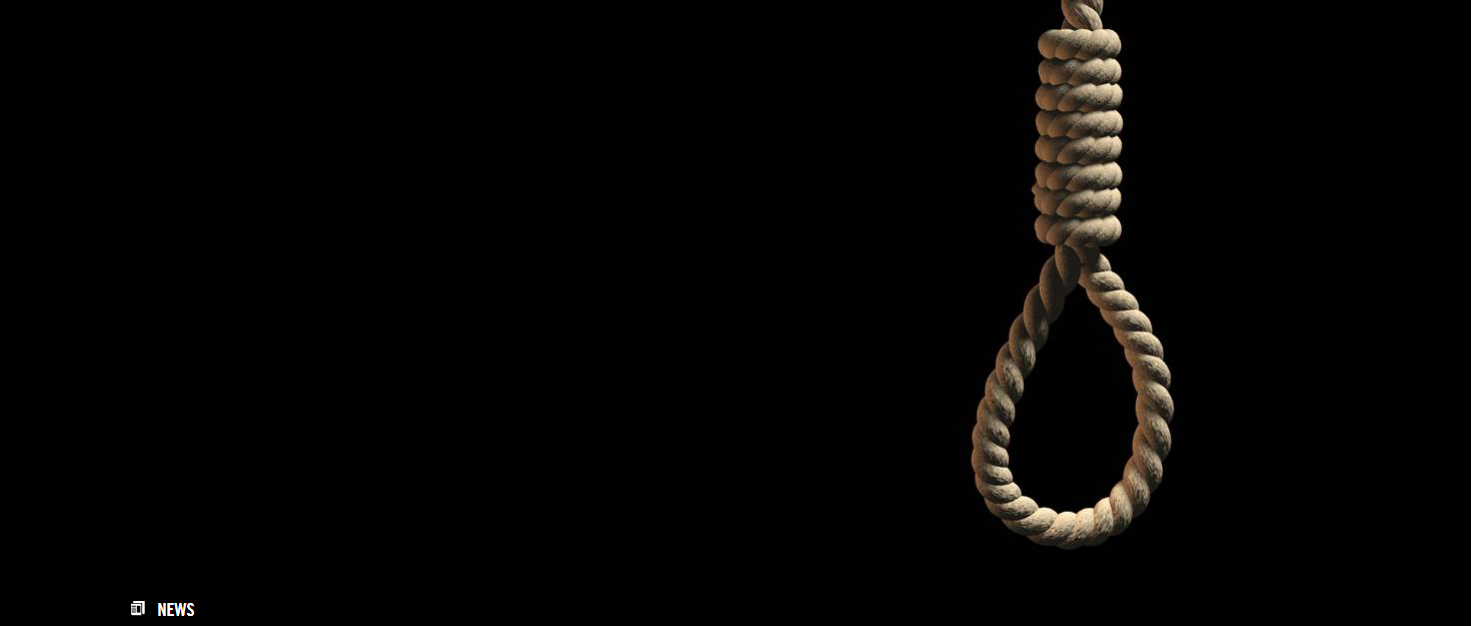Responding to the news that the cases of twelve men from Saudi Arabia’s Shi’a minority who were sentenced to death last year have been transferred to the ‘Presidency of State Security’, a body under the King’s direct authority mandated to address all state security matters, Heba Morayef, Amnesty International’s Middle East and North Africa Director, said:
“The families of the men are terrified by this development and the lack of information provided to them on the status of the cases of their loved ones. Given the secrecy surrounding Saudi Arabia’s judicial proceedings, we fear that this development signals the imminent execution of the twelve men.
“The Saudi Arabian authorities sentenced these men to death in 2016 for spying for Iran after a grossly unfair mass trial. Saudi Arabia is one of the world’s most prolific executioners and regularly uses the death penalty as a political tool to crush dissent from the country’s Shi’a minority, demonstrating its total contempt for the value of human life.
“It is not too late to save the lives of these men. We are urging the Saudi Arabian authorities to immediately quash these sentences and establish an official moratorium on executions, as a first step towards abolishing the death penalty completely”.
Background
The 12 men were part of a group of 15 men who were sentenced to death on 6 December 2016 after an unfair mass trial of 32 people arrested across Saudi Arabia in 2013 and 2014. The families of the 12 men learnt in December 2017 that the men’s sentences were ratified by the Supreme Court, rendering their execution imminent as soon as the King ratifies the sentence. Due to the secrecy surrounding the judicial process in Saudi Arabia, the families are given very little information, if any, about the current state of the case and usually not told about the scheduled execution of their relatives.
Amnesty International has documented the cases of at least 34 members of Saudi Arabia’s Shia community, including 4 juvenile offenders, who are currently on death row. All were accused of activities deemed a ‘risk to national security’.
In June 2017, the King issued a royal decree stripping the Ministry of Interior of much of its powers to investigate and prosecute by creating a new internal security agency, the Presidency of State Security, comprising the General Directorate of Investigation (GDI), Special Security Forces and other bodies that formerly reported to the Minister of Interior. The newly created body reports directly to the King, a move which reduces considerably the powers of the Ministry of Interior but further concentrates the powers in the hands of the King.
Amnesty International opposes the death penalty in all cases without exception regardless of the nature of the crime, the characteristics of the offender, or the method used by the state to kill the prisoner. The death penalty is a violation of the right to life and the ultimate cruel, inhuman and degrading punishment.





















